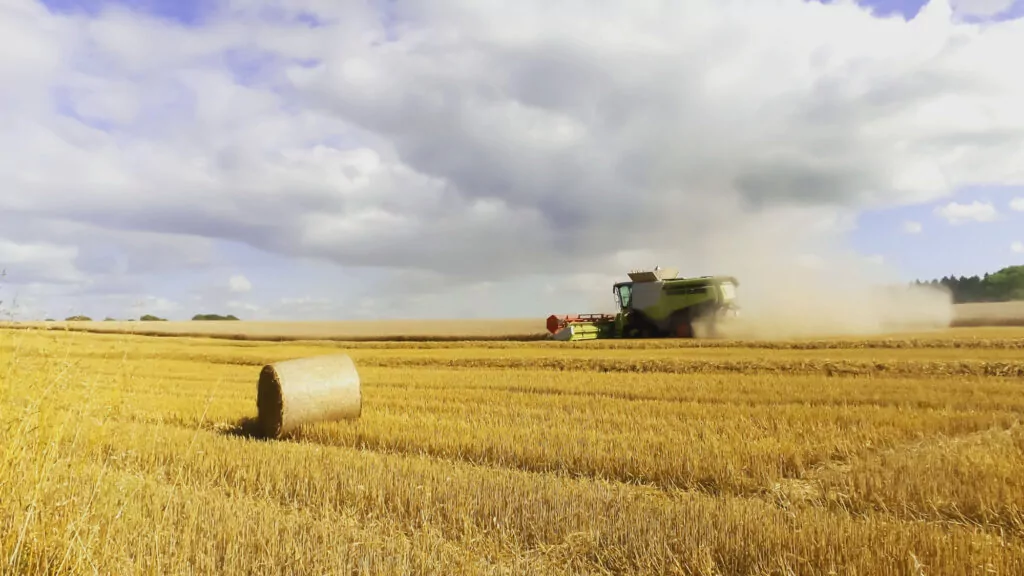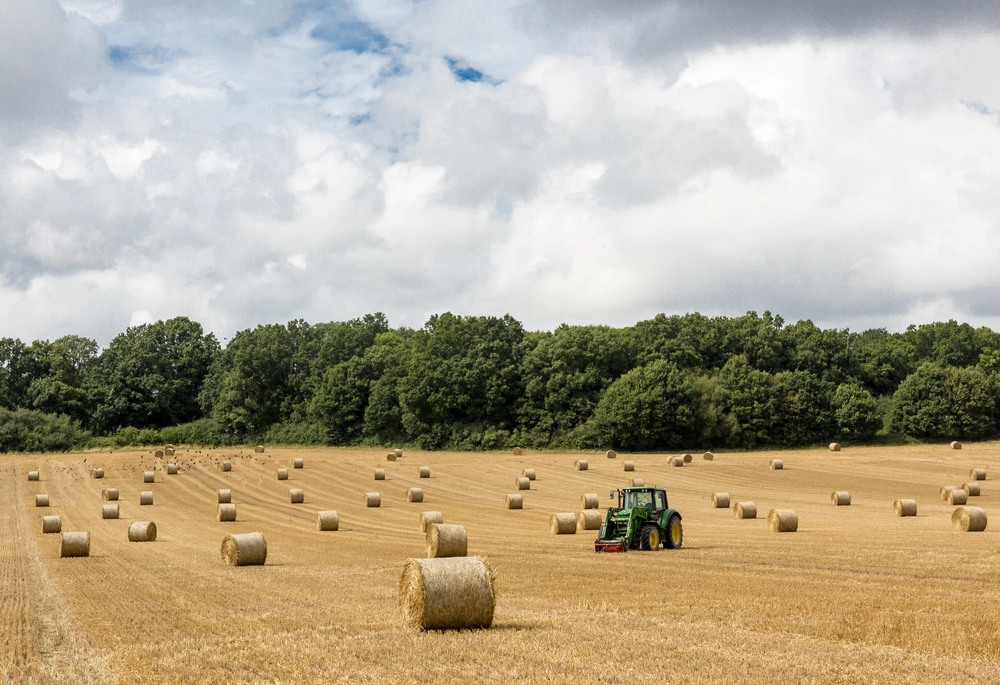
Farm businesses – planning for success in an uncertain market


It is widely recognised that agriculture is typically a high-risk endeavour, with farmers frequently having to cope with and manage a range of challenges and uncertainties. These issues can discourage new entrants into farming as well as making it difficult for already established farming businesses to plan for the future. It is therefore vital that current farmers and new entrants have business resilience to ensure that their businesses can adapt to changing situations and succeed in a competitive and uncertain market.
Challenges that current farmers and new entrants are facing?
The UK agricultural sector faces several uncertainties which make it difficult for new entrants and for well-established farmers to prepare and plan for the unprecedented challenges ahead. The agricultural sector is highly susceptible to sudden challenges such as those triggered by the COVID-19 pandemic, political reforms and climate change.
A few of the main problems that new entrants and current farmers need to contend with include how to:
- Deal with post-Brexit labour shortages.
- Cope with global climate change.
- Meet rising demand for food and soaring costs of production.
- Combat viral infections threatening livestock.
- Stay resilient against volatile markets and prices.
- Adopt and learn new technologies.
- Deal with increasingly high prices for agricultural land and lack of available suitable land.
- Raise capital to start an agricultural business.
- Inspire young people to become future farmers.
- Keep up to date with changes to support payments and new schemes.
So how can farmers and new entrants get their businesses ready?
Current Farmers
Farmers are well experienced at dealing with uncertainty and being entrepreneurial. However, it is vital that even well-established farming businesses have a well-crafted business plan to ensure that their current agricultural business is resilient. Current farmers should be pondering where opportunities lie, how to best position themselves to take advantage of them, and how to adapt their businesses accordingly.
Farmers should make sure that they have a business plan which lays out their agricultural strategies and business goals which future-proofs their farming businesses. The benefit of putting time and effort into your business plan means that you can identify and assess the potential risks and make the most of opportunities associated with your farm.
Top tips for business planning for farmers
- Regularly update and review your current business plan.
- Be clear on both your personal and economic goals and objectives.
- Understand your place within the wider agricultural landscape.
- Understand your competitors and target market.
- Have a clear vision and roadmap for your farm's future.
- Have a growth strategy and outline your plans for debt reduction and business expansion.
- Stay up to date and utilise grants and government schemes.
The agricultural sector is experiencing rapid changes with both challenges and opportunities. By staying informed and planning ahead, current farmers will ensure that their farming businesses are robust and resilient to the evolving agricultural landscape of 2023 and beyond. In today’s market, a farm business cannot be successful without resilience.
New entrants
Starting a successful and resilient agricultural business can be an intimidating venture as barriers to entry exist across the farming sector for young farmers. It is often difficult for new entrants to:
- Deal with the increasing cost of capital-intensive production (machinery, technology etc).
- Find and access land.
- Secure finance.
- Progress their business.
Starting in farming is also a long game and it can sometimes take 5-10 years to get a business established. Despite this, developing a comprehensive business plan can make a real difference.
Top tips for business planning for new entrants
- Be clear with your goals and abilities.
- Build relationships within the farming community.
- Decide on your business structure and develop a business model.
- Understand your financing options and leverage the opportunities which exist.
- Think big but also manage risk and plan for failure.
Without a detailed business plan, new entrants will likely struggle to get their farm off the ground and be unprepared for the challenges that may arise. We encourage new entrants to start business planning, make use of any government programmes available to them and get help and support from accountants, financial advisors and banks about how they can help you to reach your business objective and overcome the barriers to starting a new farm business.
How can Foot Anstey help?
We’re here to help you to evaluate the changes that are happening and identify how to adapt moving forward. As a legal panel firm of the NFU, we are pleased to offer NFU Farmer & Grower members an entirely free initial Legal Health Check in relation to their farming or growing businesses.
This service aims to help identify and highlight any potential issues, legal gaps or other matters members might want to address to help secure their farming, growing or diversification businesses.
The NFU Legal Health Check can also significantly help underpin business resilience.
For further information on this topic, please listen to Experts in the Field with guest speaker, Paul Blundell, an Agricultural Relationship Director at HSBC who supports agricultural businesses with their banking requirements across Somerset, Devon and Cornwall.



















